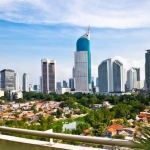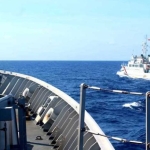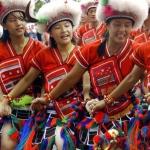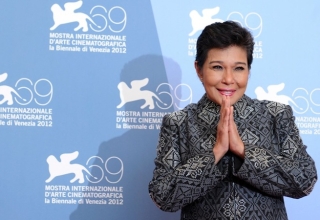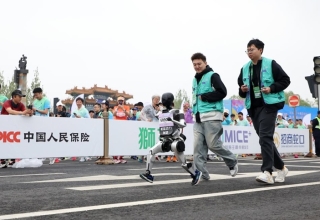
In a real-life drama reminiscent of a Hollywood thriller, the plight of Chinese dissident Kwon Pyong takes center stage as South Korea grapples with a decision that could have profound political and humanitarian implications. The 35-year-old, charged with immigration violations, made a daring escape on a jet ski, seeking refuge from the oppressive regime in China. As the South Korean court deliberates his fate, Kwon’s family breaks their silence, expressing grave concerns about his potential return to China, where he faced imprisonment and ongoing surveillance.
Kwon’s turbulent journey, from imprisonment in China for criticizing President Xi Jinping to a perilous jetski ride to South Korea, adds layers of complexity to his case. The courtroom drama takes an unexpected turn as prosecutors push for an unusually severe sentence of two and a half years, raising eyebrows among legal experts who note the atypical harshness in immigration cases.
Keep Reading
How is South Korea Handling the Situation
The broader context of South Korea’s approach to Chinese asylum seekers adds nuance to the unfolding narrative. Despite being a signatory to the UN’s refugee convention, South Korea has a limited record of accepting asylum seekers, particularly from China. The restrictive policies, coupled with diplomatic considerations, cast a shadow over Kwon’s bid for refuge in a democratic nation.
Kwon’s dreams collide with the harsh reality of South Korea’s asylum landscape, prompting scrutiny from the international community and human rights activists. The delicate interplay between diplomatic maneuvering and humanitarian imperatives unfolds as the court grapples with a decision that reaches beyond individual lives, shaping the discourse on human rights and political asylum in the region.
As the suspense builds in this real-life thriller, the world watches, recognizing that the outcome of Kwon’s case could resonate far beyond the courtroom, impacting the delicate balance between diplomatic relations and the imperative to protect those seeking refuge from oppressive regimes.
